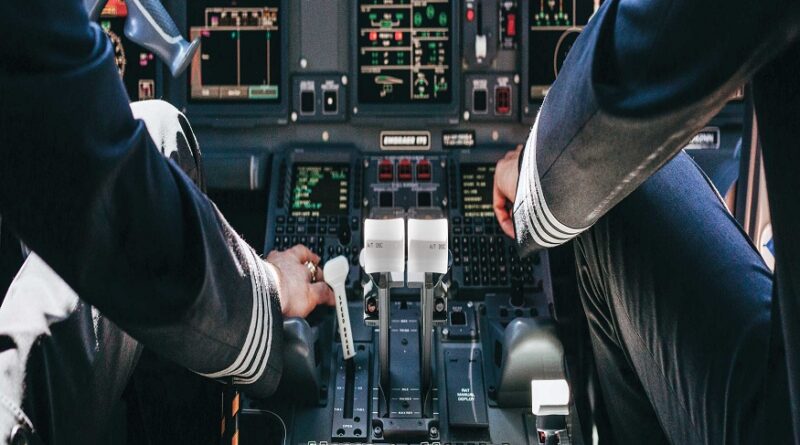How Does Pilot Training Help With A Successful Aviation Career?
Becoming a pilot requires a certain set of skills. Some technical skills imparted during IS-BAO/Part 91 Training also apply in day-to-day lives. No matter what type of pilot one becomes, one needs to acquire certain core skills to succeed in his/her career. The article highlights some of those skills that play a pivotal role in the successful career of a pilot.
Self-confidence
Before an individual becomes a pilot, he/she has to undertake several training sessions. The training is not just meant to teach the technical aspects of airplanes and the techniques involved in flying an airplane, but much more. It also trains the potential candidates in the ability to undertake prompt actions and decisions during a crisis. The self-confidence in handling the consequences of a decision or action is a vital aspect that is backed by years of training.
Time management and multitasking
To become a successful pilot, one must learn how to handle complicated tasks and cater to deadlines within a given time. Every task in the aviation industry, especially associated with pilots, is critical to mission accomplishment, irrespective of the pilot type. Furthermore, a potential pilot can also learn the ways to effectively manage and take action on multiple projects and tasks simultaneously during IS-BAO/Part 91 Training period.
Adaptability and problem-solving skills
Rigidity is a red flag for individuals wanting to become successful pilots. Training renders the adaptability skills that allow trainees to undertake a plethora of changing situations promptly. The candidates are required to behave or take action swiftly and take advantage of the differently emerging circumstances.
Pilots are trained in a way that they can solve complex problems which are otherwise challenging for others. The problem-solving method includes the potential to consider a wide array of options simultaneously for a prompt and effective solution. Thanks to Part 91 pilot training that prepares the candidates with the required skills vital for day-to-day functioning.
Quick decision-making
The majority of people can make a sound decision when given adequate information. But when one is flying an airplane, there is a limitation with time and resources. In addition, there are stressful factors like turbulence, frightened passengers, etc., which means decision-making is further challenging. To overcome life-threatening circumstances positively with sound decisions regularly is an aspect that is trained during pilot training.
Conclusion
Pilots must abide by strict rules and policies for regulating bodies and other sources. For instance, the Federal Aviation Regulations sets certain fundamental operating rules for flying within the country’s airspace. It is paramount to follow the rules as the motive behind such strict regulation is to keep every passenger safe and alive. But there are times when a pilot has to break the rules at that juncture, and it is a safer option. IS-BAO/Part 91 Training helps a potential pilot learn all the necessary skills and drills so that whenever the situation arises, safer and more efficient decisions and actions can be executed to avert an emergency.

